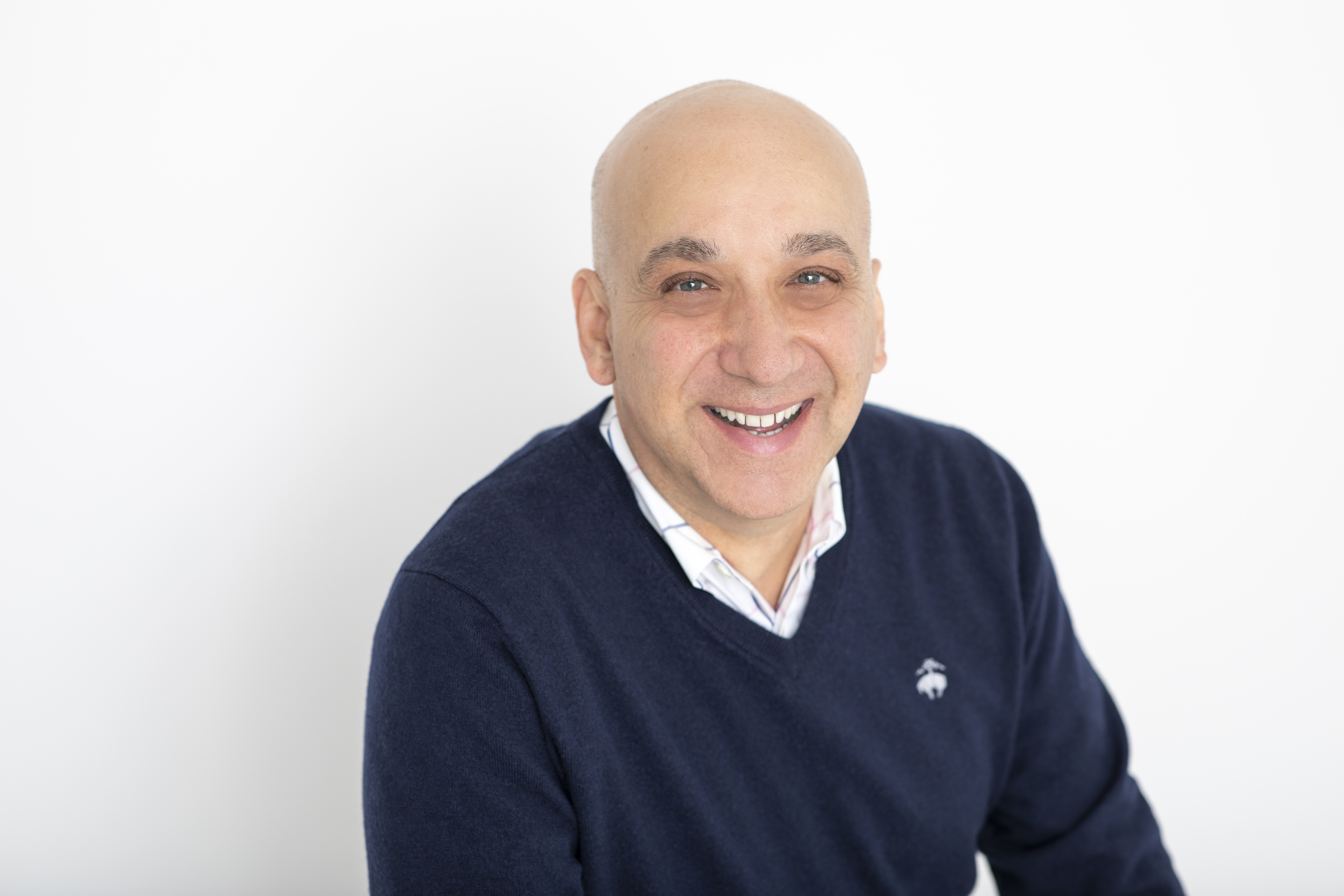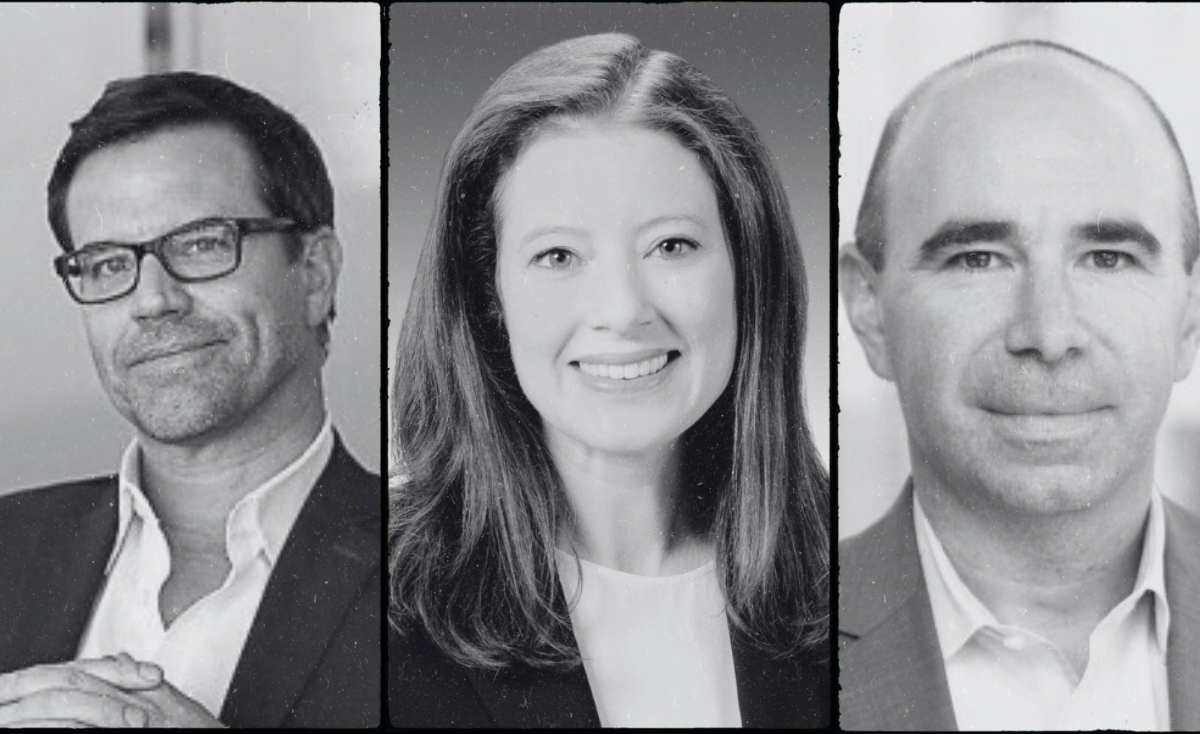 George Antonak, President, Thrift Financial.
George Antonak, President, Thrift Financial.
Andrew Putwain: Larger firms can offer both diversified and specialised products – what areas should smaller fund operators focus on to offer a product that is different and doesn’t seek to replicate this but instead uses its strengths?
George: I don't think large firms are well diversified. They have buckets of money, but proper diversification would show resilience through market cycles. Few firms, large or small, can maintain diversification, resulting in stability through market cycles. Regardless of how you look at it from a product or client focus standpoint or investment style - most firms tend to get concentrated in one investment style, product type, or distribution channel over another.
Some firms get diversification through bolt-on, but that often gets lost over decades. I've participated in several integrations with large and smaller asset managers, and they tend to be diversified for a few years. Then it gets watered down to its core strength, and the diversification goes away. Therein lies the opportunities for small asset managers; that lack of success for diversification for the big players and an ability to specialise well.
"Small firms tend to be more capable of listening to their clients and adapting products and services to them, some of which result from necessity. They are looking for the next big win,"
Small asset managers capitalise on these gaps partly because of limited budgets but primarily because of strategic focus. They are focused on getting into the weeds with clients and supporting those clients across different areas, doing something larger firms are challenged to do at scale.
Small firms tend to be more capable of listening to their clients and adapting products and services to them, some of which result from necessity. They are looking for the next big win, but it is also about their interest in getting close, listening, and making exceptions and accommodations for clients.
Andrew: Is this closeness why some clients want to be with smaller asset managers?
George: It is one of the reasons and clients’ belief in the firm’s commitment to the investment process, to service. Often at larger firms, a lack of leadership reflects a vagueness in purpose and message of who the company is and what they stand for. Senior leadership that doesn’t get involved with clients strikes me as poor leadership.
Large organisations, possibly because of the variety of products and services they offer, struggle to drive a central theme of who they are and what they stand for. It is for multiple reasons, but client connectivity is more substantial with smaller firms and the willingness of senior leadership to get involved.
"If your relationship as a client isn't treated as important enough to the company for the senior leadership to be engaged, why should you invest there, and why shouldn't you move your money somewhere else?"
When you work at a small company, you see the senior leader intimately involved in the business’s day-to-day running. Those senior leaders are far removed and too functionally focused at large firms.
It comes down to the people you build relationships with. If your relationship as a client isn't treated as important enough to the company for the senior leadership to be engaged, why should you invest there, and why shouldn't you move your money somewhere else?
Consultants tend to like small firms because of the firm's equity ownership and leadership engagement versus larger firms. The equity investment in larger firms is often diminished; the portfolio manager might only have a few hundred thousand dollars invested in the strategies, and leadership doesn't have a significant stake in the equity business overall. That doesn't regularly occur at small firms and is recognised by consultants and institutional clients.
Andrew: The idea of specialist vs. generalist is something many fund operators struggle with – can you talk us through your recommendations for what a small firm should be focusing on if It is wrangling with this from an operations POV?
George: I’ve seen both extremes, and I’m convinced that the best model for all, big or small, is to be a generalist.
That plays effectively in the small business space because running a specialised distribution model is more costly. Small firms sometimes implement a specialised focus because their products often cater to a particular market segment, and in that case, it is logical to be hyper-focused on a specific market segment.
"Specialisation at big firms often isn’t done very well. You can't have just a salesperson focused on a specific channel, supported by a generalist structure at the home office."
However, I believe giving your ‘tip of the spear’ employees flexibility to determine who/when/what to call upon is essential and beneficial to long-term growth. Existing clients could lead you to over-specialisation when your product or service might appeal to more clients outside the current niche. Becoming overly specialised in one area can be problematic and lose opportunities for large and small firms.
Further, specialisation at big firms often isn’t done very well. The damning aspect of a specialist model is that the entire organisation needs to embrace the specialised model to be truly effective. You can't have just a salesperson focused on a specific channel, supported by a generalist structure at the home office. Implementing a genuinely specialised approach requires a substantial investment throughout the organisation, and essential components of the system are too often eliminated during market downturns. Despite their capital resources, large organisations typically don't have the financial patience to endure the costs of a genuinely specialised approach.
This is seen during market pullbacks, in which larger firms tend to change the distribution model. Regardless of whether It is a specialist approach or a general approach that any particular firm takes on, you need to be committed to it for 5-10 years if you have credibility in the marketplace.
Please Sign In or Register to leave a Comment.
SUBSCRIBE
Get the recent popular stories straight into your inbox







